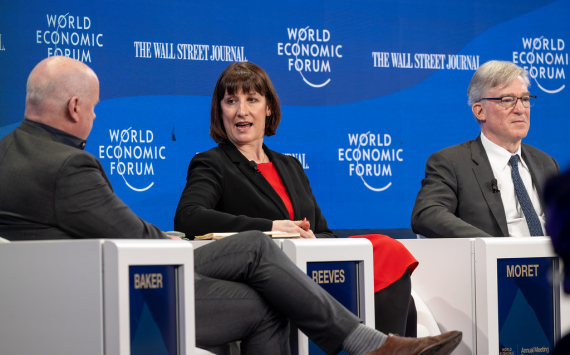
UK GDP
The United Kingdom's exit from the European Union (Brexit) has cost the UK £33bn in lost investment and trade revenue by June 2022. That is the conclusion contained in a study published on Wednesday by the Centre for European Reform.
In their calculations, analysts at the think tank modelled the British economy as it would have been if Britons had not voted in a referendum in June 2016 to "divorce" from Brussels. It is worth noting that the figures used for comparison were those of advanced economies in the period before Brexit, such as the US, Germany, Norway and Australia.
As noted in the document, the size of the kingdom's GDP would have been 5.5% higher at the end of the second quarter of this year. In parallel, British trade volumes would have been 7% higher and investment received would have been 11% higher.
"Brexit has had a negative impact on the UK economy," said report author John Springford, deputy head of the centre.
John Springford said: "There are several differences between what politicians want to say about Brexit and what we see in the statistics. I think it's no longer possible to argue that Brexit hasn't hurt the economy."
According to previous estimates by the Centre for European Reform, at the end of last year the British economy was 5.2 per cent smaller than it would have been if it had stayed in the EU.
"Brexit inevitably led to higher taxes because a slow-growing economy needs higher fees in order to fund public services and social security benefits," the report said.
According to them, if the UK had remained a member of the EU, the tax increase announced in March 2022 would not have been needed and tax collections would have been £40bn higher than they are now.
Responding to Mr Springford's findings, a spokesman for Her Majesty's Treasury said: "We do not recognise this analysis. The UK had the fastest growth in the G7 last year and the IMF predicts the same in 2022."









































